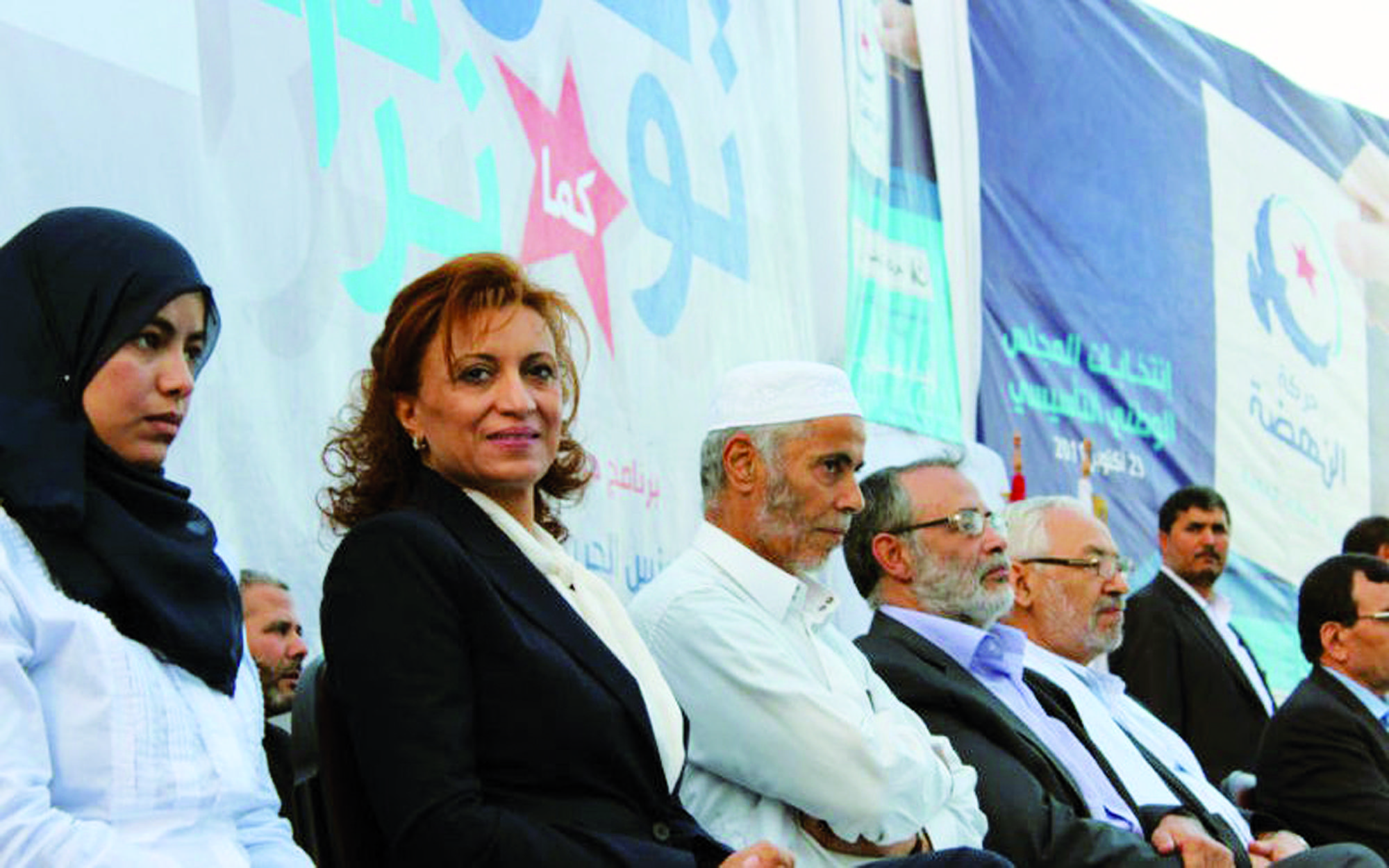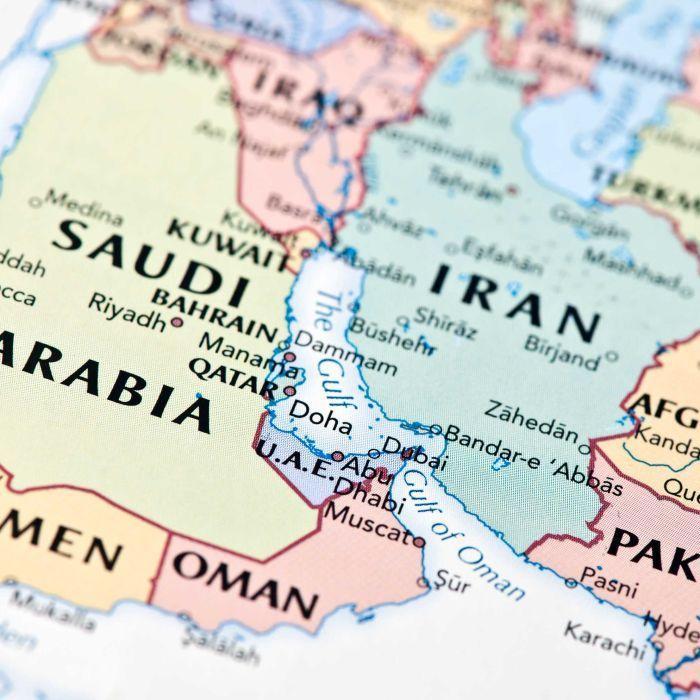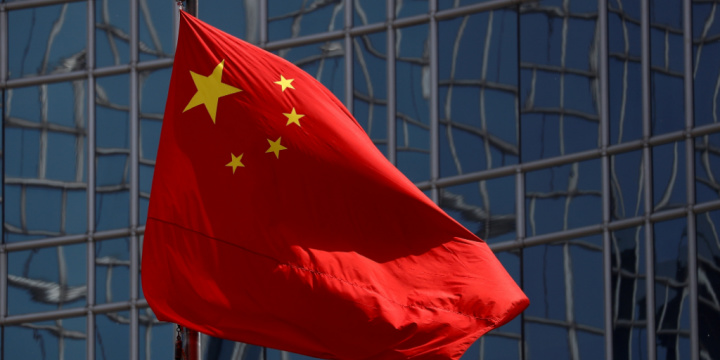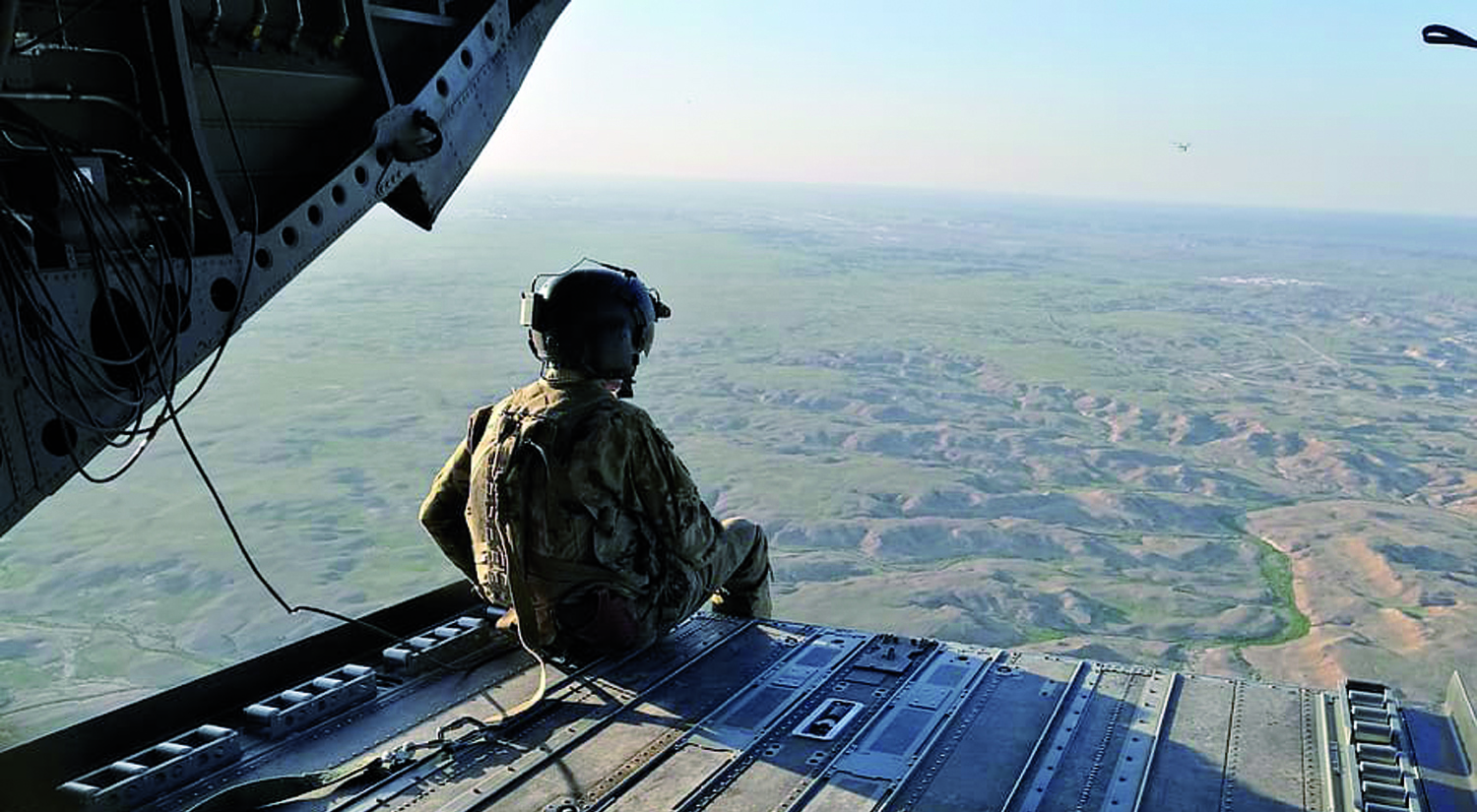ORIENT II 2016: Salafism in the Near and Middle East
Purchase the full Issue here:
26,00 € incl. VAT plus Shipping CostsSelect options This product has multiple variants. The options may be chosen on the product page
Access Issue with Subscription:
Editorial
Dear ORIENT readers,
The rise of Salafism has become a major topic over the past years in the Near and Middle East region, as well as in Europe. This ultra-conservative practice of Islam, which in its present form resembles many features of Wahhabism, has seemingly grown in importance since uprisings swept the region in 2011, and various groups and political parties have started to identify as Salafi. In its origins, Salafism was a nonpolitical adherence to a strict observance of Islam as practised in the 7th century A.D. in Mecca and Medina. In the present day, however, it has developed into a more politically active form of orthodox belief to the point at which it regards other Muslims as not being real believers. It is enforcing its interpretation of the Muslim faith on all other sects – in Jihadi-Salafi form also by means of violence. The term is used widely, yet its many facets demand a closer look. What are the origins, currents and political manifestations of Salafism?
This edition of Orient will deal with this crisis and the questions that arise. Firstly, Dr. Farid Hafez will introduce the historical genesis of Salafism, before Prof. Roel Meijer writes about the contemporary political manifestations of Salafism in the region, focusing on the so-called Islamic State and the Al-Nour Party in Egypt. Subsequently, Prof. Khalil Al-Anani delves into the Al-Nour Party’s role in Egypt’s political landscape since 2011, after which Dr. Ashraf El Sherif provides a detailed account of the revolutionary Salafi youth in Egypt. Following this, Prof. Joas Wagemakers will analyse the discourse on gender-mixing among Saudi Arabian Salafis. Prof. Anouar Boukhars then takes the reader to North Africa, comparing the Salafi scenes in Morocco, Algeria and Tunisia.
I hope that our latest issue provides you with valuable insight and different perspectives on the current conflicts in the region.
Dr. Gunter Mulack
Director of the German Orient-Institute






